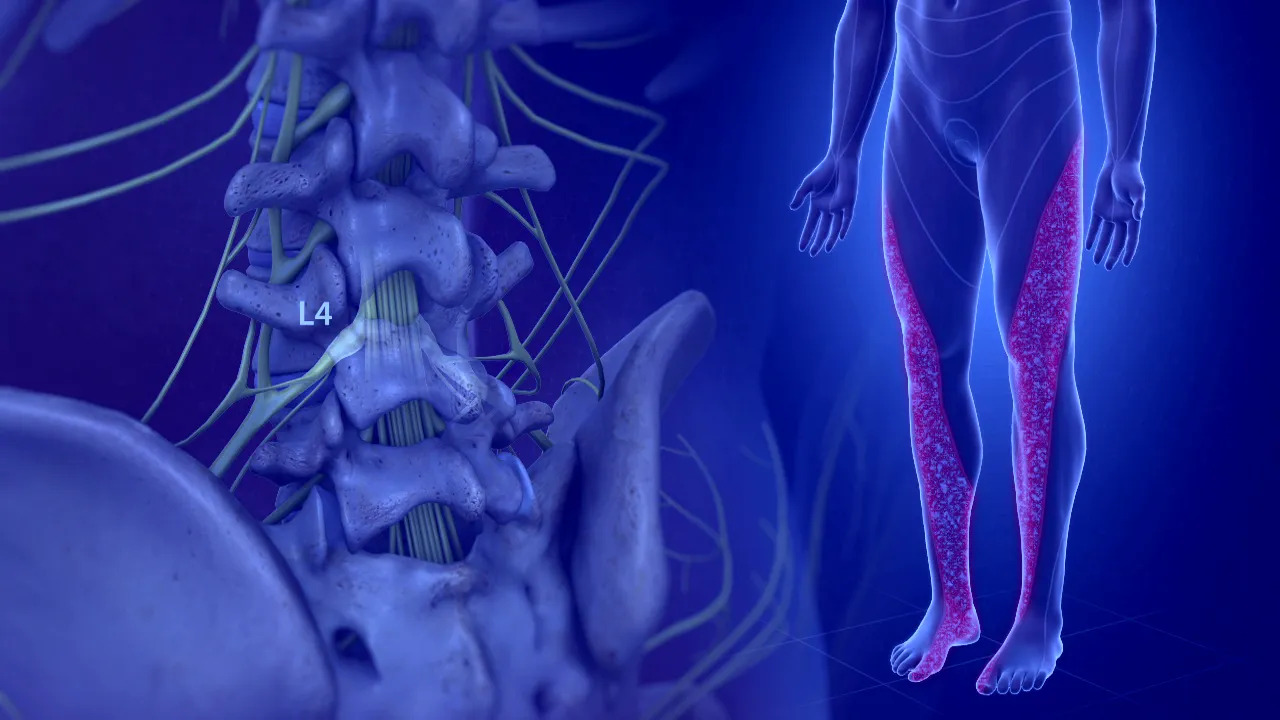
Radiculopathy: Causes, Symptoms, Diagnosis, and Treatment
Introduction: Radiculopathy is a condition that affects the nerves in the spine, causing pain, weakness, and numbness in the arms or legs. It is a common condition that affects people of all ages and can be caused by various factors, including injury, degenerative changes, and compression of the nerves. Causes of Radiculopathy: • Herniated Discs: […]
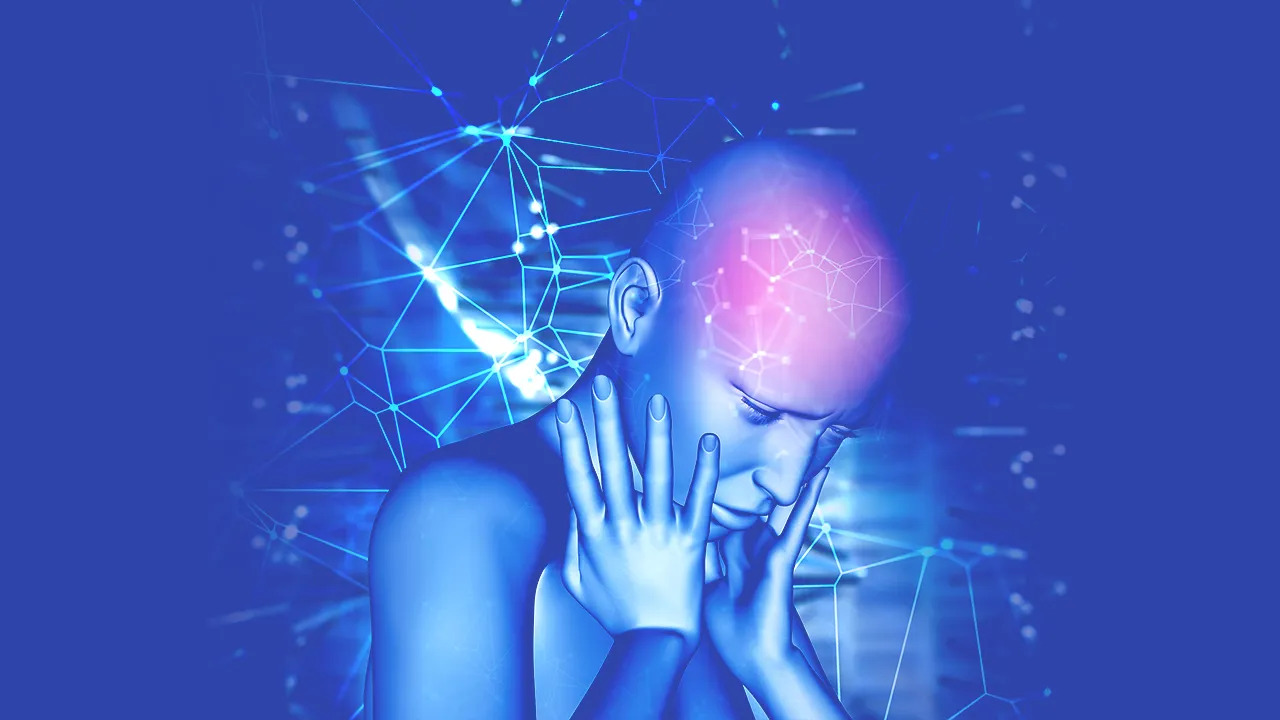
Prion Diseases: A Fatal Neurodegenerative Disorder
Introduction: Prion diseases, also known as transmissible spongiform encephalopathies (TSEs), are a group of rare and fatal neurodegenerative disorders that affect both humans and animals. These diseases are caused by an abnormal protein called prion protein (PrP) found in the brain and other tissues of infected individuals. Prion diseases are unique in that they can […]

Psychomotor Seizures: Causes, Symptoms, Diagnosis, and Treatment
Introduction: Psychomotor seizures, also known as complex partial seizures, are a type of seizure that affects a person’s consciousness and behavior. These seizures are caused by abnormal electrical activity in the brain and can last from a few seconds to several minutes. Causes of Psychomotor Seizures: Psychomotor seizures are caused by abnormal electrical activity in […]

Primary Hyperkalemic Periodic Paralysis: A Rare but Serious Condition
Introduction: Primary hyperkalemic periodic paralysis (PHPP, also known as Hyperkalemic Periodic Paralysis, HyperKPP, or, more commonly, channelopathies) is an inherited form of muscle weakness caused by alterations in muscle membrane ion channels, leading to an excessive build-up of the electrolyte potassium (K+) in the muscle cells. The prevalence of Primary hyperkalemic periodic paralysis is estimated […]
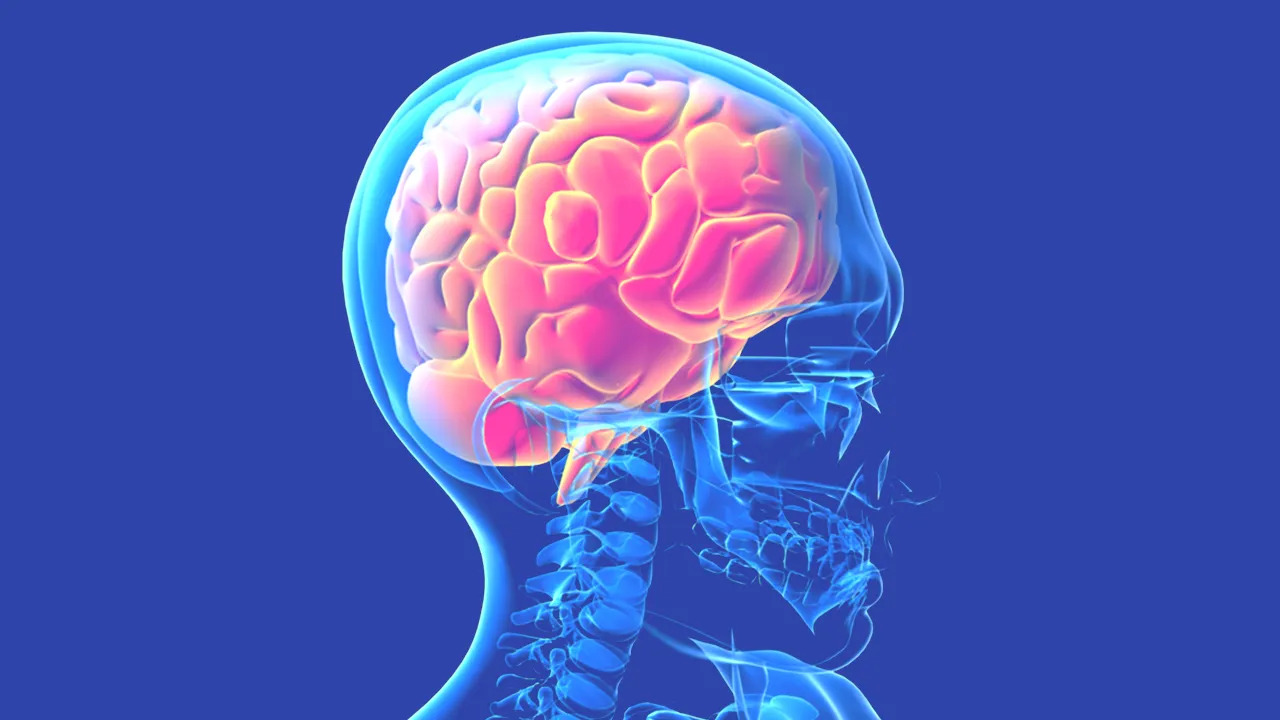
PGTCS: A Serious but Treatable Condition
Introduction: Primarily generalized tonic-clonic seizures (PGTCS) are a type of seizure that affects the entire brain and can cause loss of consciousness, convulsions, and muscle rigidity. These seizures are also known as grand mal seizures and are the most common type of seizure experienced by people with epilepsy. PGTCS can occur in people of all […]

Phenylketonuria (PKU): Symptoms, Diagnosis, and Treatment
Introduction: Phenylketonuria (PKU) is a rare genetic disorder that affects how the body processes an amino acid called phenylalanine. PKU is a rare disorder, affecting only about 1 in 10,000 to 15,000 newborns in the United States. However, all newborns must be screened for PKU shortly after birth, as early diagnosis and treatment can prevent […]
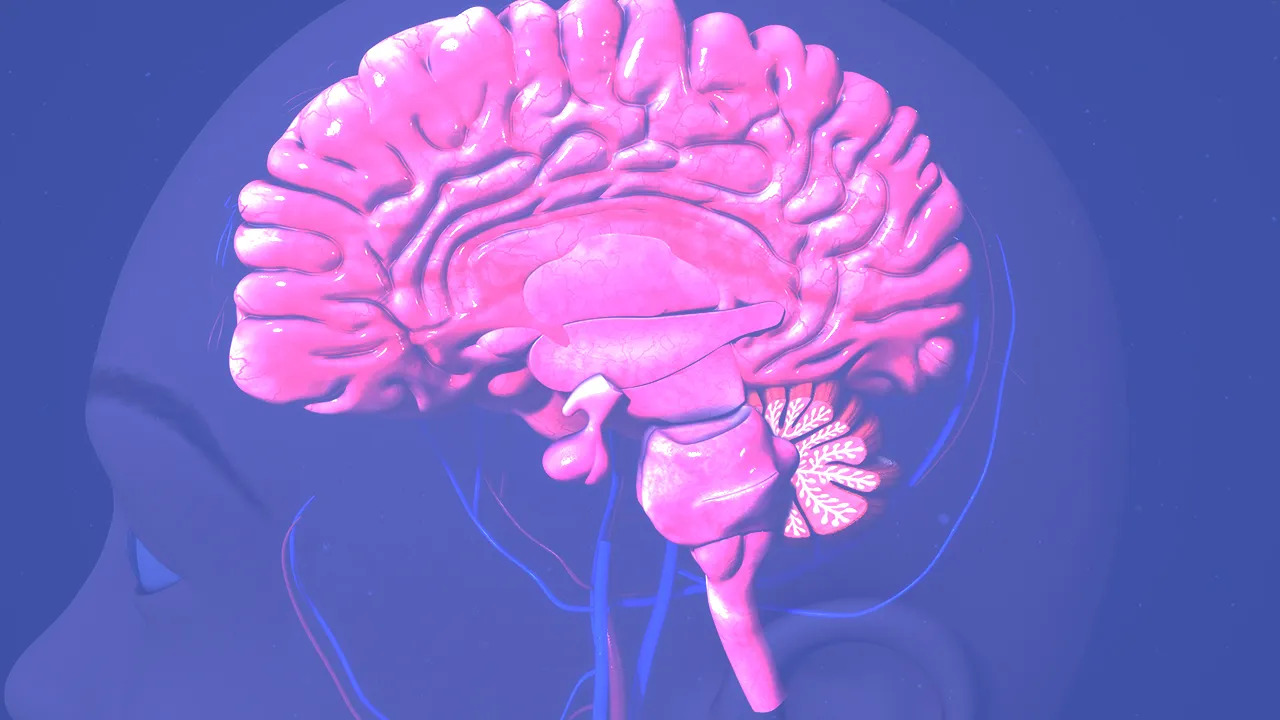
Pituitary Adenoma: Symptoms, Diagnosis, and Treatment
Pituitary Adenoma Introduction: A pituitary adenoma is a type of tumor that develops in the pituitary gland, a small gland located at the base of the brain. The pituitary gland produces and regulates hormones that control various bodily functions, including growth, metabolism, and reproduction. Pituitary adenomas are usually benign, meaning they are not cancerous, but […]
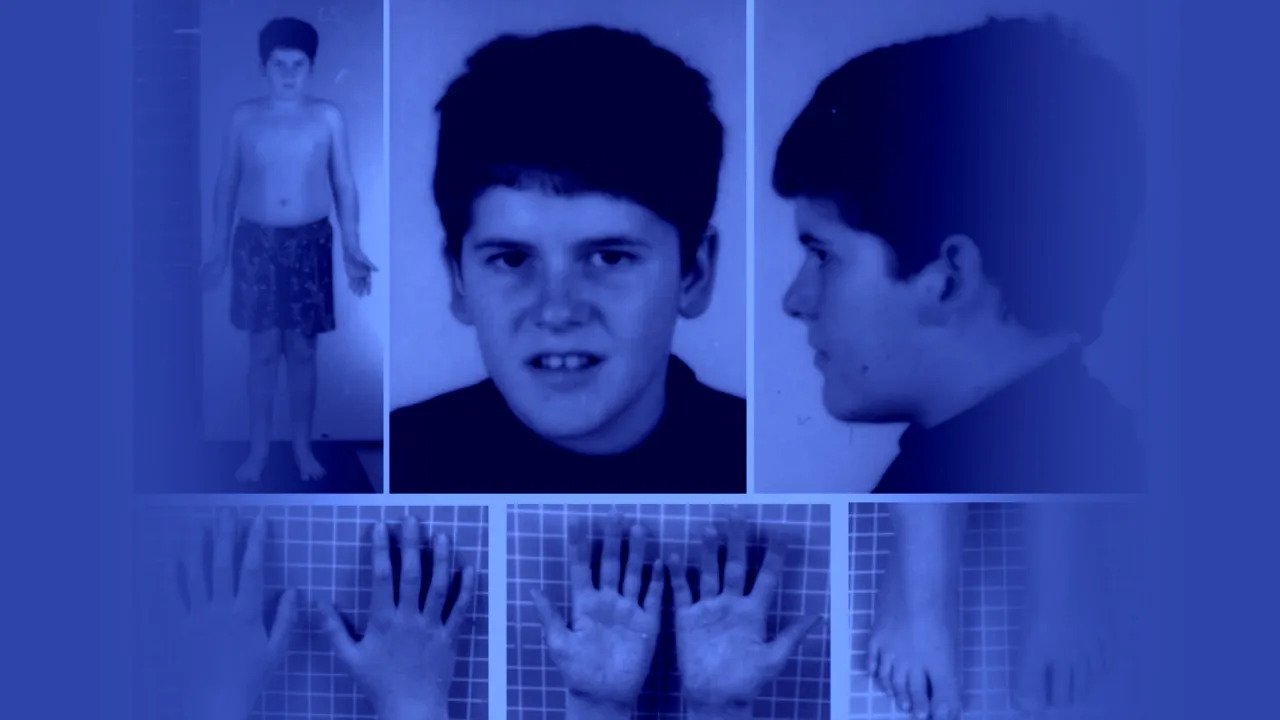
Prader-Willi Syndrome: A Complex Genetic Disorder
Introduction: Prader-Willi Syndrome (PWS) is a complex genetic disorder characterized by a wide range of physical, cognitive, and behavioral challenges. It was first described in 1956 by Swiss doctors Andrea Prader, Heinrich Willi, and Alexis Labhart. Causes and Genetic Basis of Prader-Willi Syndrome: PWS is caused by the abnormal function of specific genes located on […]

Parkinson’s Disease: Symptoms, Causes, and Treatments
Introduction: Parkinson’s disease is a progressive neurological disorder that affects movement and can cause various symptoms, including tremors, stiffness, and difficulty with balance and coordination. It is estimated that approximately 1 million people in the United States are living with Parkinson’s disease, and the condition is more common in older adults. Causes of Parkinson’s Disease: […]

The Neurological Complications of Alcoholism: What You Need to Know
Introduction: Alcoholism is a chronic disease that affects millions of people worldwide. It is characterized by a compulsive need to consume alcohol despite its negative consequences on physical, mental, and social health. Alcoholism can lead to a wide range of neurologic complications, which can be acute or chronic. Alcoholism and the Brain: Alcohol is a […]
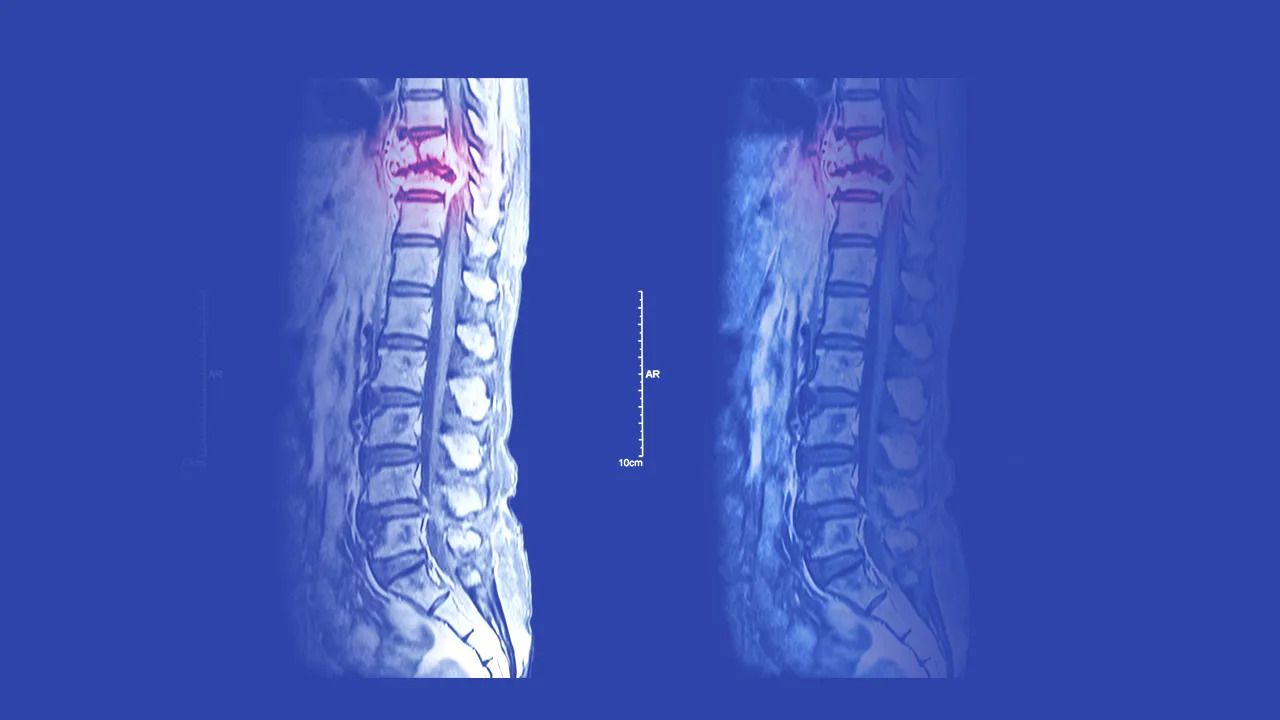
Myelopathies: Causes, Diagnosis, and Treatment
Introduction: Myelopathies are neurological conditions characterized by damage or dysfunction of the spinal cord, leading to a range of symptoms. They may occur due to various factors such as trauma, inflammation, infections, degenerative diseases, vascular issues, or tumors. The spinal cord is vital in transmitting nerve signals between the brain and the rest of the […]

Myopathies: Causes, Diagnosis, and Treatmen
Introduction: Myopathy is a category of muscular diseases characterized by the dysfunction or damage of skeletal muscles. It encompasses various conditions that affect muscle structure, function, or both. Types and Classification of Myopathy: Several types of myopathies are characterized by distinct features and causes. • Inflammatory Myopathies: This group includes conditions such as polymyositis and […]
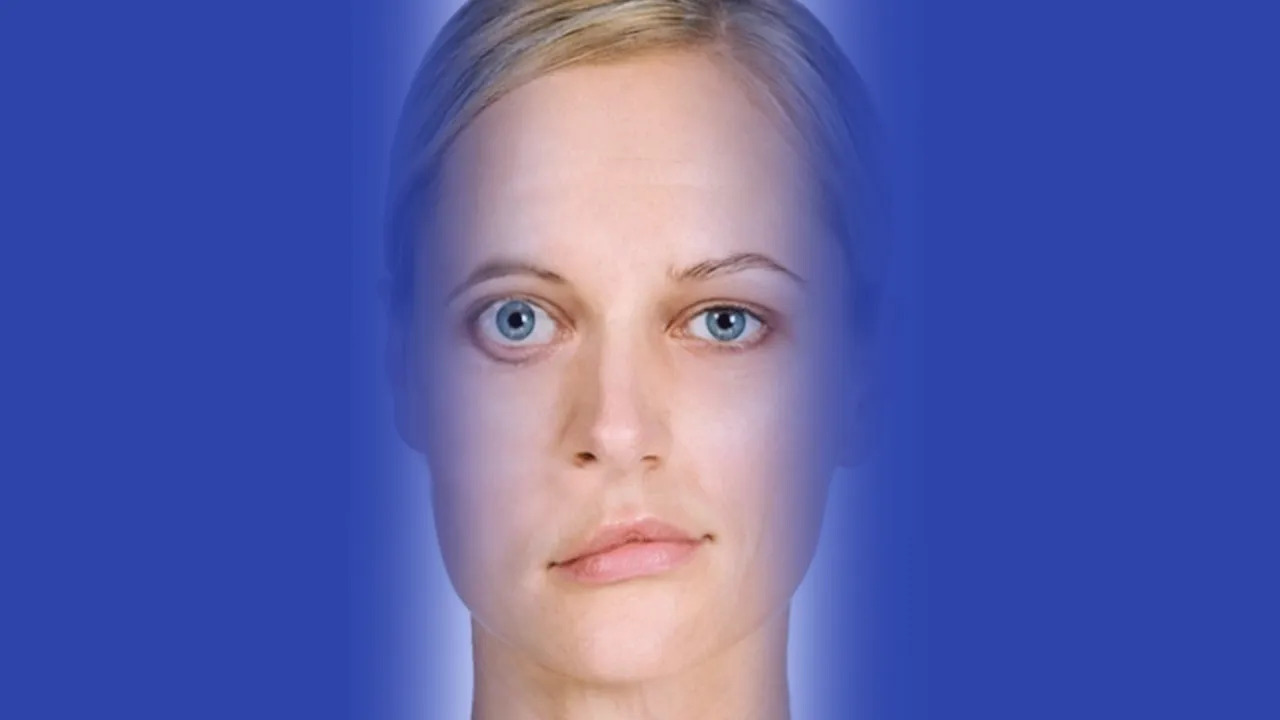
Myasthenia Gravis: Symptoms, Causes, and Treatment
Introduction: Myasthenia gravis is an autoimmune disorder caused by an error in communication between nerve cells and muscles. It results in muscle weakness in voluntary muscles, most often in the muscles of the eyes, face, neck, and arms. Myasthenia gravis affects approximately 1 in 5,000 people in the United States, although specific ethnic populations, such […]

Migraine Headaches: Causes, Symptoms, and Treatments
Introduction: Migraine headache is a neurological condition that affects millions of people worldwide. It is characterized by severe, throbbing pain on one side of the head, often accompanied by other symptoms such as nausea, vomiting, and sensitivity to light and sound. Migraine headaches can be debilitating and significantly impact a person’s quality of life. Causes […]
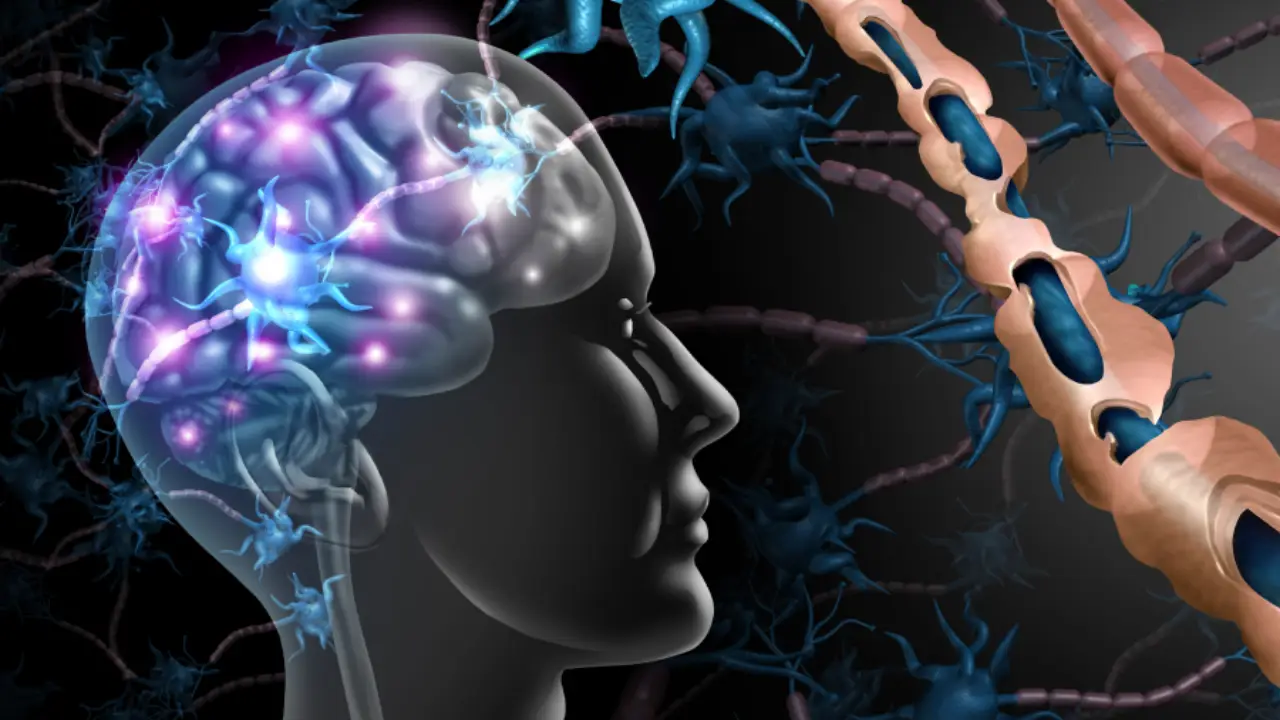
Multiple Sclerosis: Symptoms, Causes, and Treatment
Introduction: Multiple Sclerosis (MS) is a chronic neurological disorder that affects the central nervous system. It is an unpredictable and often disabling disease caused by damaging the nerves in the brain and spinal cord. MS affects many aspects of a person’s life, including physical, psychological, and social, and is a significant cause of disability worldwide. […]